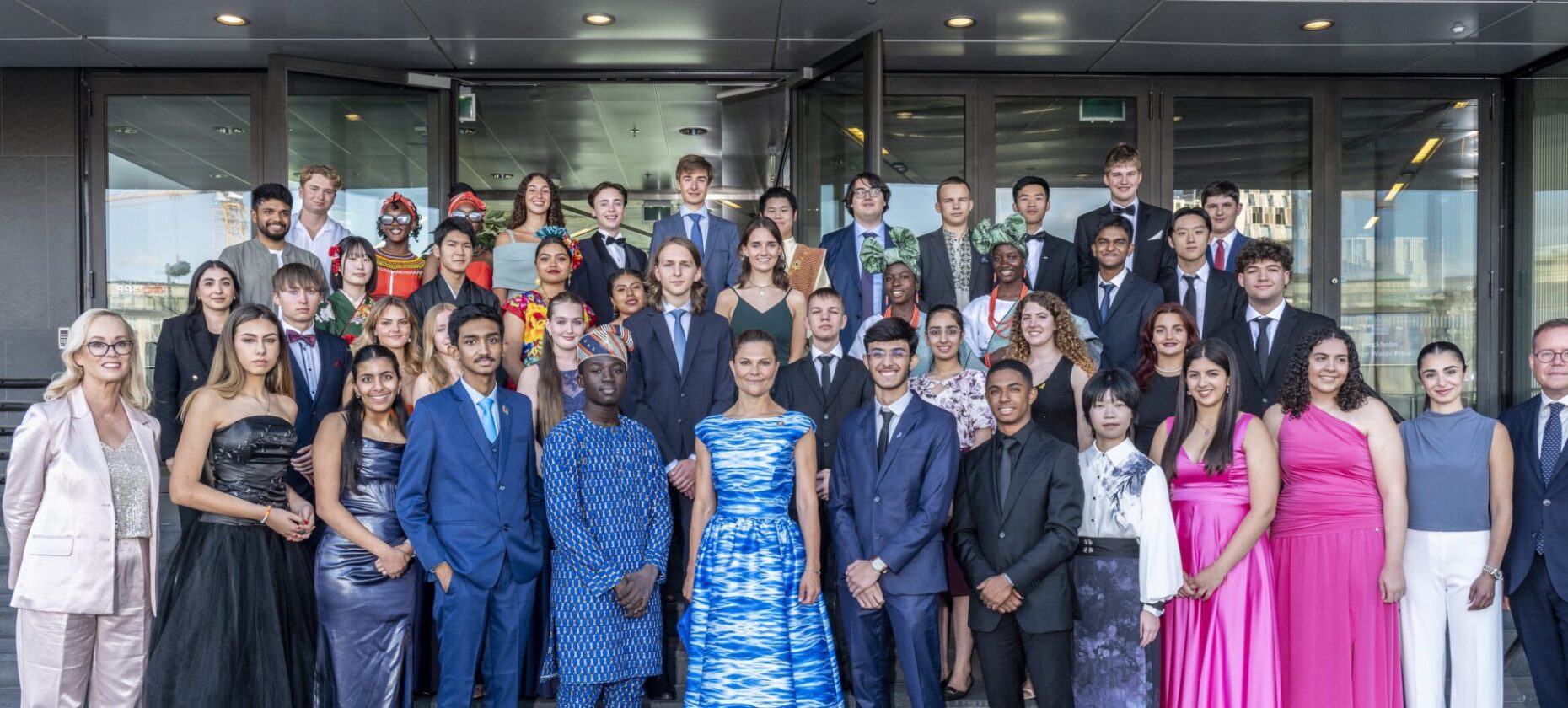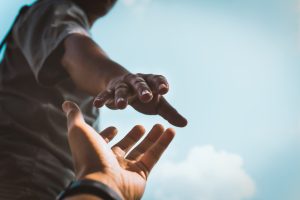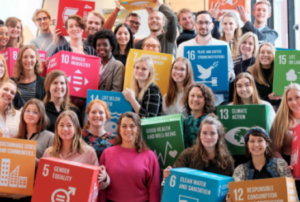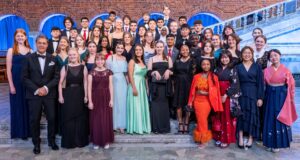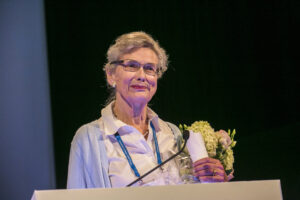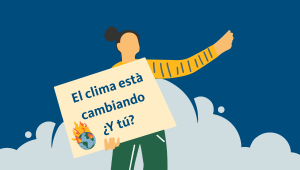Water scarcity is a growing problem, especially in areas with a young population such as Sub-Saharan Africa and the Middle East. This heavily impacts young peoples’ future prospects as well as their lives here and now.
Young people are often active water managers. Children are responsible for fetching water in one in five households in Sub-Saharan Africa, an area where six out of ten children do not have enough water to meet their daily needs. The job is not only heavy and dangerous, but it also often prevents children from attending school.
Increasing access to water for young people can have an enormous impact on their personal lives and futures. It can reduce inequality since girls are more likely to drop out of school because they are needed to collect water. Other girls are forced to leave school when they start menstruating because there are no toilets in school.
Given how important water is in the lives of many young people, they should be able to influence water decisions. Participation is one of the guiding principles of the Universal Declaration of Human Rights and has been reiterated in many conventions and declarations – not least in the 2030 Agenda as well as in the United Nation’s Security Council Resolution 2250.
Growing trends
The half of the global population that is under 30 years old is also increasingly vocal. More and more grassroots organizations are forming to address local water issues. One example is the Agua & Juventud (Water & Youth) movement that started in Argentina in 2007 and that has now spread to more than 30 countries.
Another growing trend is how young people take their governments to court for failing to address climate change or protect nature for future generations. One example is how 25 young Colombians in 2018 brought charges against their government because of climate neglect and insufficient protection of the Amazon region.
The concept of intergenerational justice is gaining traction across the world. Many governments and international organizations are starting to create space for young people in peace and development processes in line with the UN Resolution 2250. However, more can be done to mainstream youth inclusion to legitimise the whole process from recognizing human rights to improving results. Inclusive processes are also shown to have more long-lasting success.
Youth empowerment
SIWI works with young people to make sure their voices and perspectives are included in our projects and programmes.
Learn more about our work with Youth

